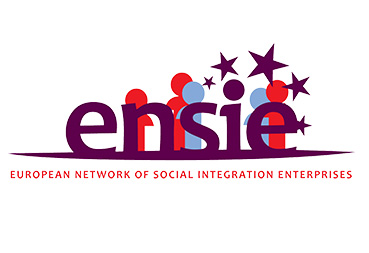The European Network of Social Integration Enterprises (ENSIE) has developed two comparative tables to map and analyse how EU Member States support Work Integration Social Enterprises (WISE) through quotas and tax incentives. These tools aim to provide insights into promotion policies, offering a clearer picture of the national measures that enhance employment and social inclusion for disadvantaged individuals.
The first table focuses on quota systems, i.e., the legal obligations requiring public or private employers to reserve a portion of jobs or hiring opportunities for underrepresented groups, primarily people with disabilities.
Although most countries adopt some form of quota, implementation, scope, penalties, and alternative compliance options vary considerably. In fact, some systems allow employers to fulfil their obligations through purchases from WISE, thereby strengthening their role in inclusive labour markets.
The second table reviews the tax incentives available to WISE, including corporate tax exemptions, reduced VAT rates, social security contribution subsidies, and tax incentives for donors.
These incentives aim to offset the higher internal costs faced by these enterprises due to the additional support they provide to their employees. According to the findings, the distribution of these measures remains fragmented and inconsistent, often linked to legal forms rather than the inclusive nature of the activities performed.







